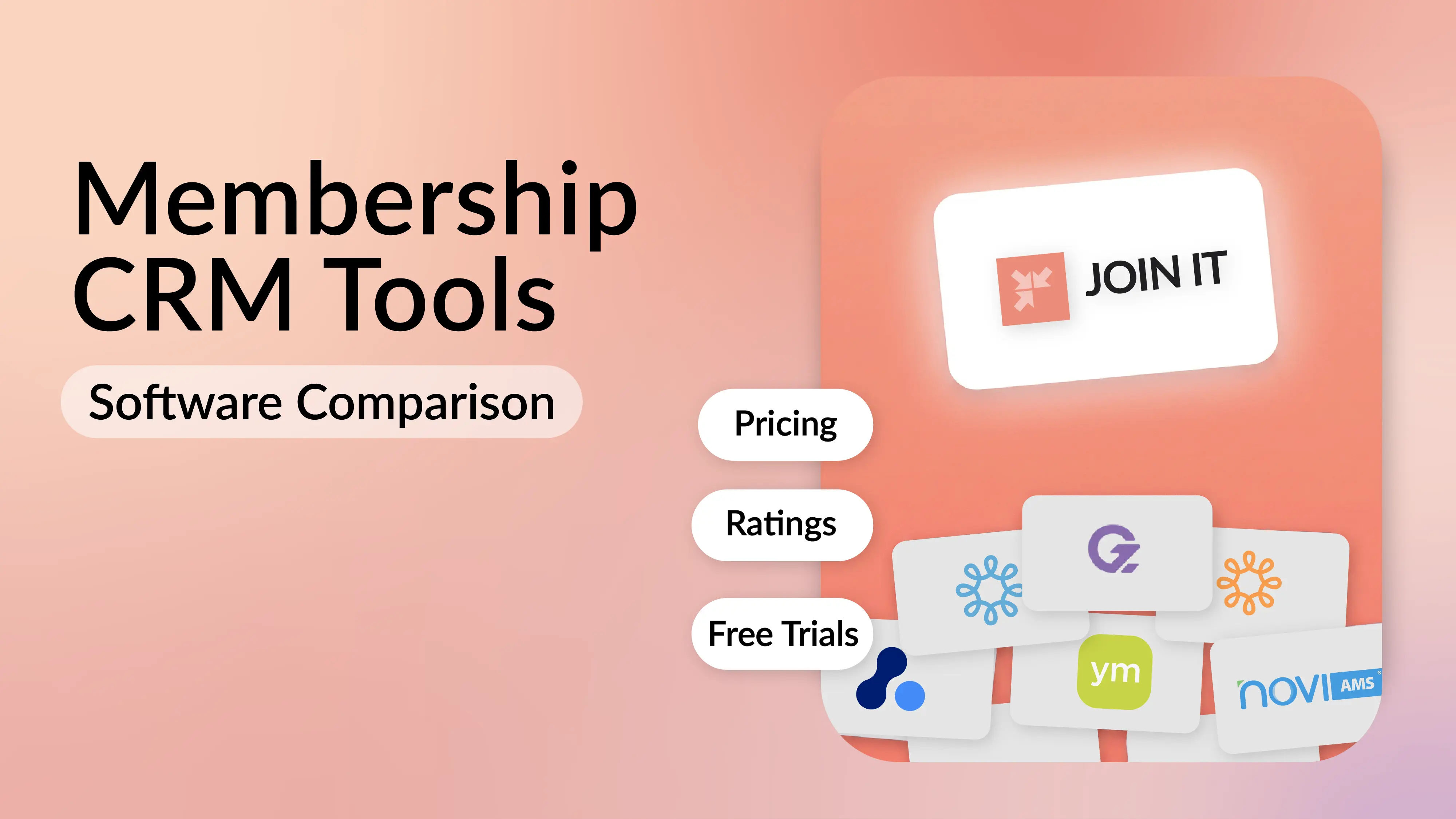
When it comes to tracking the success of your nonprofit, you have so many options that it might feel overwhelming! We like breaking down these goals into three different buckets: Metrics, People, and Business Objectives.
Let’s get into it!
Metrics
When you’re looking at metrics, consider things that you can tie a dollar amount to; this will also help you prepare for your end-of-year board meetings to discuss the next year’s budget!
Specific items you can consider:
- Money distributed to families
- Money raised from fundraisers
- Meals served in the community
- Class or workshop attendance rates
- The number of events hosted or sponsored
- Total volunteers trained
Depending on your organization and the cause you’re supporting, some or all of these might not apply, so pick and choose as applicable!
People
The most important thing to any business, nonprofit and for-profit organizations alike, is the workforce. If your employees aren’t happy and effective, your business will surely fail.
Take a look at:
- Employee satisfaction survey scores
- The number of new projects started
- The number of completed projects
- The number of new hires
- Starting an intern program
It can be tempting to only look at employee satisfaction survey scores; remember that those are only one facet into how employees are feeling. Often, it’s difficult for employees to be honest, especially if the survey can be tied to them either by submission style or handwriting, so consider an anonymous, online survey to gauge satisfaction. Then, be sure you take employee comments seriously and implement change as you can. Recognizing achievements and showing appreciation are also crucial; consider providing your company with a glass award for outstanding performance, which can serve as a tangible symbol of recognition and motivate others.
When it comes to membership-based organizations, it’s essential that you look at how your members are feeling as well. For more on how to conduct surveys, either internally or externally, check out our blog post on collecting member feedback!
Business Objectives
Whether your objective is global expansion or local market dominance, If you want to instead look at the health of your business and how it’s growing, you might want to take these points into consideration:
- New funding or grants
- New office locations, warehouses, or distribution centers
- New partnerships with existing organizations
- Offering new services
- Insurance Coverage: Ensure your organization has adequate insurance coverage, including Directors and Officers (D&O) insurance. D&O insurance protects board members and officers from legal claims related to their roles in the organization.
You might also have specific objectives set by your board of directors or that your members are pushing for, so consider adding these to your list as well.
Wrapping Up
While evaluating your business’s success, it can be hard to know where to start. Hopefully these lists are a good starting point for your next board meeting!
For more on building your membership organization, check out some of our other blog posts!
- Why Diversifying Your Internet Presence Is Key To Success
- What Is The Best Contact Management System?
- Springtime Fundraising Events For Your Organization
- Free Fundraising Tools
Guides from the Experts
Through our work with 4,000+ organizations - we’ve put together helpful guides to assist; regardless of where you are on your journey.
.webp)

A Complete Guide to Membership Organizations
Everything you need to know to manage and grow your membership business
.webp)

Maximize Membership Retention: 10 Proven Strategies
Tried and true strategies that not only win membership, but keep them


Build a Membership Website: A Step-by-Step Guide
Your one-stop resource for knowing all the features your modern membership website needs
Ready to start your free trial?
Our membership software is intuitive to use and even easier to test for yourself.



.jpg)









.svg)
.svg)
